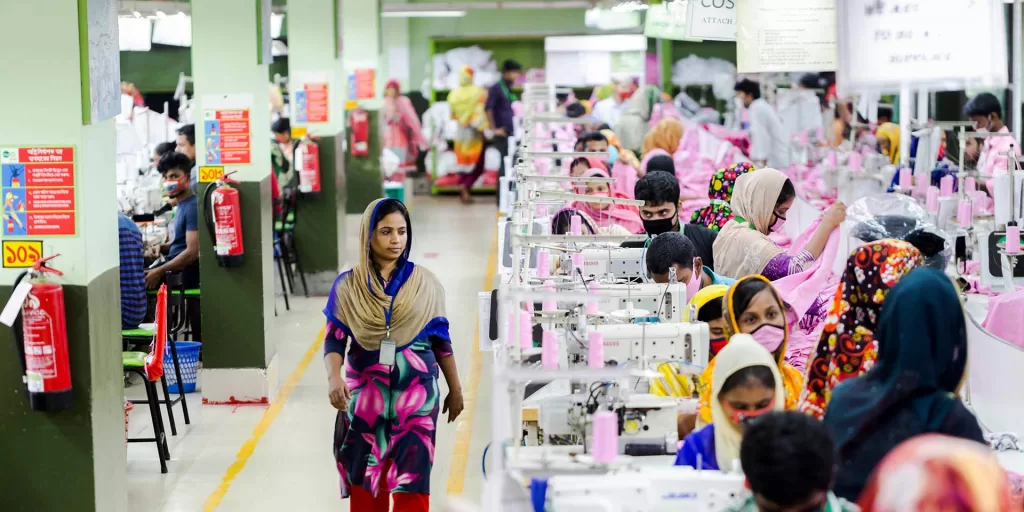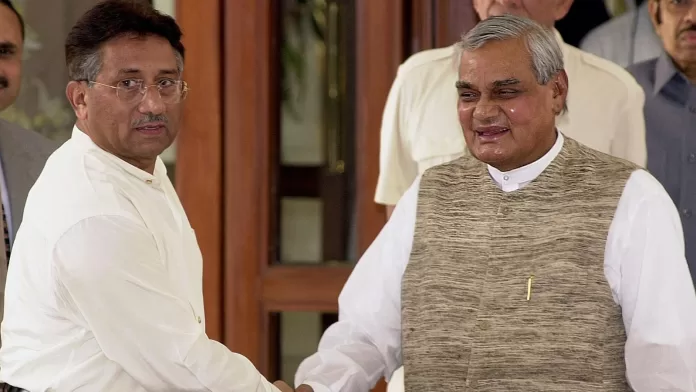Ikram Sehgal
I will begin by addressing our membership in the World Economic Forum. If you examine the crucible of this forum, you can discern the dynamics of the relationship between Pakistan and India. In one instance, there were nearly 100 prominent Indian businessmen present, while we had about five representatives from Pakistan. This setting provided a valuable gauge for understanding the relationship between the two countries.
If I shed light on the India-Pakistan relationship, I think the worst period was the Kargil War which strained our relationship. I am not sure if you were present at the Agra Summit. Do you recall that event? I was there, and all of us sat in front of cameras in Agra, anticipating the signing of an agreement. However, the Information Minister came in and informed us that it wouldn’t happen because Mr Advani was flying in. Some of us had seen the agreement and the corrections made to it, and we were confident that it would pave the way for improved relations. This was during a BJP government, and it felt significant as it was a military government from this side. We believed that if the major adversaries could come to some understanding, it would make a great difference.
After Agra, things took a turn or rather didn’t take a turn because, of course, Agra didn’t materialize. Despite the consequences, I believe I witnessed a significant change. Those who have accompanied me to DAVOS know that since 2003, I have hosted a Pakistan Breakfast for heads of state and government. Inshallah, we’ll be having our 20th one next year in January.
Initially, all the top Indian businesses used to attend the Pakistan Breakfast, forging strong friendships. Despite the vast difference in wealth and status, they became good friends. I can share that when my son got married in Islamabad, many of them flew in to attend, with some even using private aircraft. However, with the advent of the present BJP government under Mr. Modi, things started to change. Not a single Indian now attends my Breakfast, even though there used to be a hundred of them.
Another crucial point I want to highlight is that, apart from the National Defence University (NDU), I used to lecture at various institutes. Every year, I visited the National Defence College in Bangladesh for lectures. However, after a while, the Bangladesh government barred me from giving lectures there. I still went because I was a director of Bank Alfalah, and I was given the responsibility of opening up branches in Bangladesh. I travelled as a director but ultimately, even that stopped.
Opening more branches faced obstacles because, even though Sheikh Nahyan is the majority shareholder technically, Bank Alfalah was labelled as a Pakistani bank. Rightly so, as it is indeed a Pakistani bank, and that brought the expansion to a halt. Now, I face difficulties obtaining a visa to visit Bangladesh, and it’s not due to any issues with the Bangladeshis.
The problem lies in the current mindset in India, as you can observe. Recently, a friend attended the first match between India and Pakistan and shared a video with me. He mentioned that out of the 135,000 people in the stadium, only 30 were Pakistanis. Among them, 23 were members of the Pakistan team, coaches, and the like, and there were only five or six Pakistanis proudly holding their national flags

So, it’s the mindset of the present Indian rulers which is spoiling that, and of course, it’s very easy to say, and like Victoria has said, that you know, you have a thing, do you want antagonistic because you need to have defence. It’s not that, I think we understand very well the necessity of having cross-border trade.
There are numerous products in India that we could purchase at half the cost compared to importing them. Similarly, there are many goods in Pakistan that could find a market in India. The complementary economies of Pakistan and Bangladesh, which once exchanged jute/jute goods, tea, cotton, and rice, have seen a significant slowdown. Textiles that used to supply the Bangladesh garment industry still do, though not in the same quantity.
We had a security challenge, and I mentioned yesterday at one of the panels that there were two significant oversights in Pakistan. The first ignoramus believed that the defence of the East lies in the West, therefore they put 95% of the armed forces in West Pakistan, 5% in the East, and we witnessed what happened in 1971. The other one thought is that Afghanistan gives us strategic depth. Afghanistan just gives us strategic headaches, nothing else.
I find it absurd to have ever believed in such notions. We observed manifestations of this from time to time, particularly at conferences like the East-West Institute, the United Nations, and other institutes. Afghans who had studied or grown up in schools and colleges here often exhibited strong anti-Pakistan sentiments, as mentioned by the panel before Huma Baqai. They took slots in our schools and colleges, and now, as they go back, some continue to harbour anti-Pakistan sentiments.
Ultimately, we need to face reality for what it is. In the past, there used to be 30 flights a day between East and West Pakistan. Even today, just to provide some context, do you know why they don’t allow flags into cricket stadiums in Bangladesh? It’s because the Bangladeshi population turned up with Pakistani flags, leading to a ban on all kinds of flags in the stadium.




